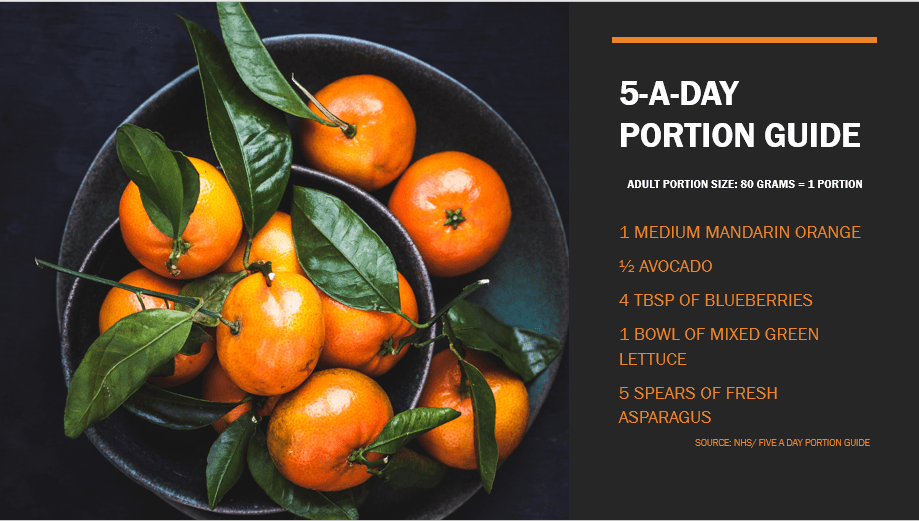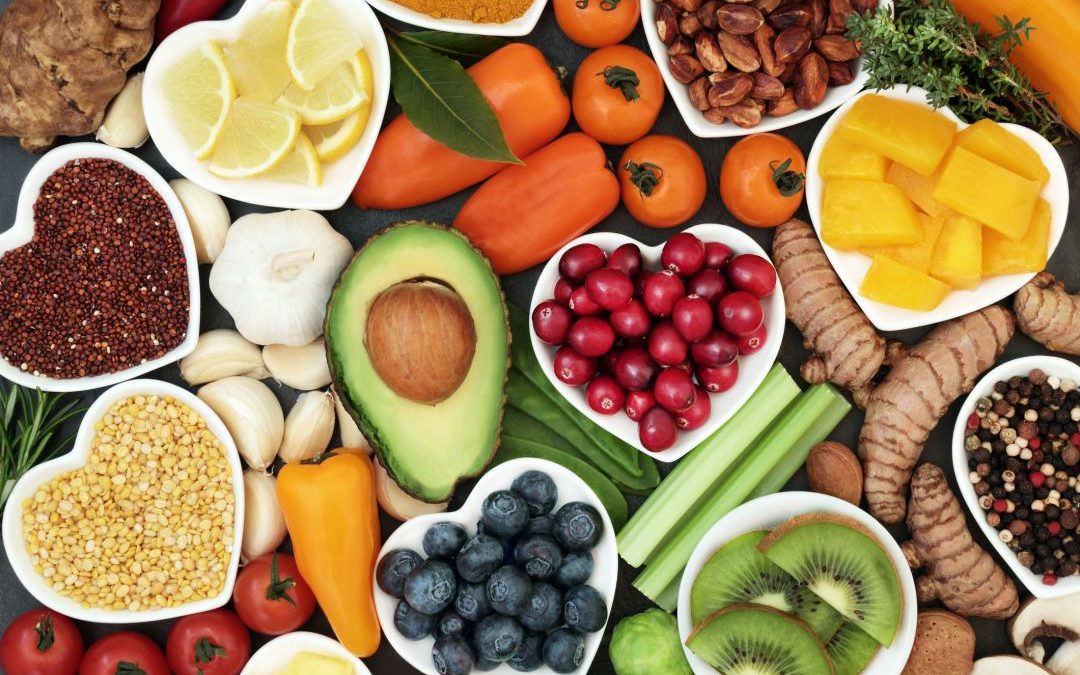Eating healthily is one of the best ways to maintain a strong immune system during the pandemic, according to nutritionists.
There has not yet been any research published on the link between diet and Covid-19, but nutritionists agree that getting a good dose of vitamins found in whole foods and other lifestyle changes are an easy win for the immune system.
The body’s natural defence, the immune system is a complex network of cells and tissue that protects us from harmful pathogens such as bacteria, fungi and parasites. Without a functioning immune system, humans die.
As the flu season, coronavirus pandemic and the stressful holiday period is afoot, what are some things we can do to take extra care of our immune system?
Well, it begins with a good fluid intake. Water plays a crucial role in transporting nutrients around the body and flushing toxins out.

Registered nutritionist and consultant, Zara Syed said: “It’s essential that we replenish fluids lost during the day (when we go to the toilet, through our skin or when we sweat, with further risk of dehydration if you’ve had alcohol the night before.
“Investing in a reusable water bottle to keep with you when you’re on the go, can be a really good way to ensure you are staying hydrated during the colder winter months.”
She also suggests adding a herbal tea bag or fresh fruit to keep it interesting.
Of course, we like to eat foods that taste good and satisfy us throughout the day. More importantly than enjoying a yummy meal, it is the nutrients contained in most whole foods that are most helpful in supporting our overall health.
Syed provided a list of the essential nutrients found in foods that are useful to the immune system specifically:
- “Vitamin C is famous for its role in supporting immune function and also contains powerful antioxidants. Boost your intake through red and green peppers, kale, broccoli, citrus fruits, kiwi and green vegetables.
- “Zinc is an important micronutrient needed for many processes in the body, including immune function. Zinc deficiency affects around 25 per cent of the world’s population and may increase your susceptibility to harmful bacteria and viruses. Include foods such as seafood, red meat, poultry, chickpeas, lentils or seeds (pumpkin/squash), which are also great sources of protein. This may be a challenge for those on a vegan or vegetarian diet, in which case I would advise focusing on fortified foods, legumes and whole-grains.
- “Vitamin D plays a huge role in the regulation of our immune system. Given the lack of sunlight exposure during winter months, UK Government guidelines recommend that we should be taking a supplement (10μg) daily this time of the year, more specifically from September to March. Similarly, including vitamin D rich foods such as egg yolks, full-fat dairy products, fortified foods, and oily fish will help to ensure you are getting a small amount through your diet.
- “Support your gut with fibre. With 70 per cent of our immune cells located in the gut, consuming a diverse range of fruits and vegetables, nuts, seeds and whole-grains is an effective way of providing key nutrients and fibre to fuel our gut’s good gut bacteria and support immune function.”

One nutritionist said it was important for people to avoid the pitfalls of quick fix or fad diets which claim to promote a healthier life.
Nutritionist Lena Said, a Master’s student studying eating disorders and clinical nutrition at University College London, said: “One of the major concerns these days is the amount of misinformation and myths that the public gets from many different sources – a lot of it comes from social media. This creates a tendency to restrict certain foods where no such restrictions are necessary.”
In her experience, she said people are likely to conflate losing body fat in a short space of time with the attempt to be healthier, rather than focusing on nutrition to get their immune system in tip top shape.
She said: “I think it’s partially because people would want to believe that there’s something simple they could do – and there is – to boost their immunity rather than focus on long term solutions to improve health.
“We’re all very busy in our daily lives and it’s easier to tick off a box in our mind after eating a certain food or taking a supplement. Unfortunately, it doesn’t always work that way.”
The pandemic has changed the way we live and eat in unprecedented ways.
Combined with the financial pressures of maintaining a household, creating a perfectly balanced meal for your family may just send you spiralling.

Thankfully, Said said making one small change during the week can be beneficial.
“Of course, I appreciate that not everyone has a chance to make three different meals a day, but even if one or two [meals] are different every couple of days, this is already great.”
Nutrition as a preventative tool against illnesses is often an overlooked resource, according to Said. “Coming from a medical background myself, however, I can note that even within medical education, there’s not enough emphasis on the role of nutrition overall, so that’s another area that could use some improvement,” she said.
How does nutrition help build up the immune system?
Studies show that gut microbiota – microorganisms that live in the digestive system – play a huge role in communicating an immune response to cells. When microbiota is unbalanced, it usually indicates infection is present in the body.
A healthy diet is a factor in having a strong immune system, but experts have not yet been able to correlate this with the outcome of an individual should they be infected with the coronavirus.
If you need further reinforcement, scientists agree that getting a good amount of rest, eating a balanced diet plus drinking plenty of water (at least six to eight glasses per day) is our best defence against the common cold and flu.
Lifestyle factors and the immune system
A balanced diet works best when other functions are properly regulated such as lifestyle factors including sleep and stress management.
Syed said the uncertainty of this unusual Christmas holiday has left many people feeling more anxious and overwhelmed. Stress hormones triggered by anxiety such as adrenaline and cortisol can impede immune function, making it easier for pathogens to invade.
“Identifying your stressors and keeping a gratitude journal, downloading meditation apps or going for a walk in the park can be effective ways of helping to manage stress.”
Inadequate sleep could also critically impair the immune system’s ability to perform.
She said: “Sleep is the nutrition your brain needs, giving it the chance to recover, repair and boost immune function. Try to tuck into bed a little earlier than usual and avoid over stimulating activities before bed, such as watching the news or using your phone.”
When life nowadays can feel out of control, nutritionists say you can take action to empower yourselves to stay strong and healthy.





